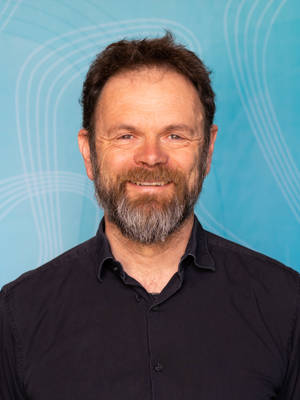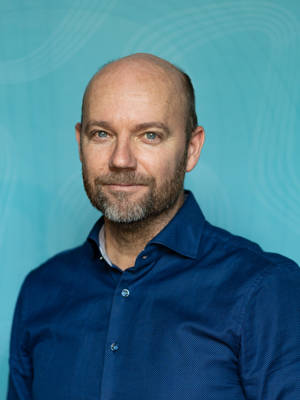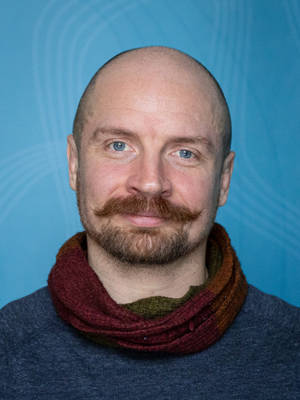Armed conflict is human development in reverse. The full scale of conflicts' impacts remains unknown, however, and fragmentation of research into multiple academic fields limits our understanding.
This multi-disciplinary project brings together scholars from economics, epidemiology, political science, and conflict research to study the impacts in much more detail and comprehensiveness than earlier studies. It takes a risk-analysis perspective, assessing the expected impact as a function of hazard, exposure, and vulnerability, and consider effects at both the macro and micro level, on economies, health, and political institutions.
It will model exposure to conflict events by accounting for how effects of observed, overt violence are transmitted to locations far from the violence itself and over time, identify conditions that make local communities, marginalized groups, and women particularly vulnerable to the effects, and study how conflict increases their vulnerability to other shocks such as natural disasters. The objective of the project is to model hazard as a probability distribution over the predicted number of direct deaths from violence in locations across the world, exposure as a model for the extent to which local populations are affected by this likely violence, and vulnerability how exposure is translated into adverse human development impact for these populations.
The results will be coordinated in the form of a monthly updated early-warning system, expanding the well-established ViEWS model, to also alert observers to particularly detrimental occurrences of violence. Throughout, the project will study how the various impacts and vulnerabilities identified work to reinforce each other, and formulate policy recommendations for parties seeking to reduce the impact on human development.
- This project is funded by a European Research Council Advanced Grant (Grant agreement No. 101055176).
- The project is part of the VIEWS research consortium, collaborating closely with the Societies at Risk project at Uppsala University.
- The co-beneficiaries of this project are The Institute for Economic Analysis in Barcelona and International Security and Development Center in Berlin.














